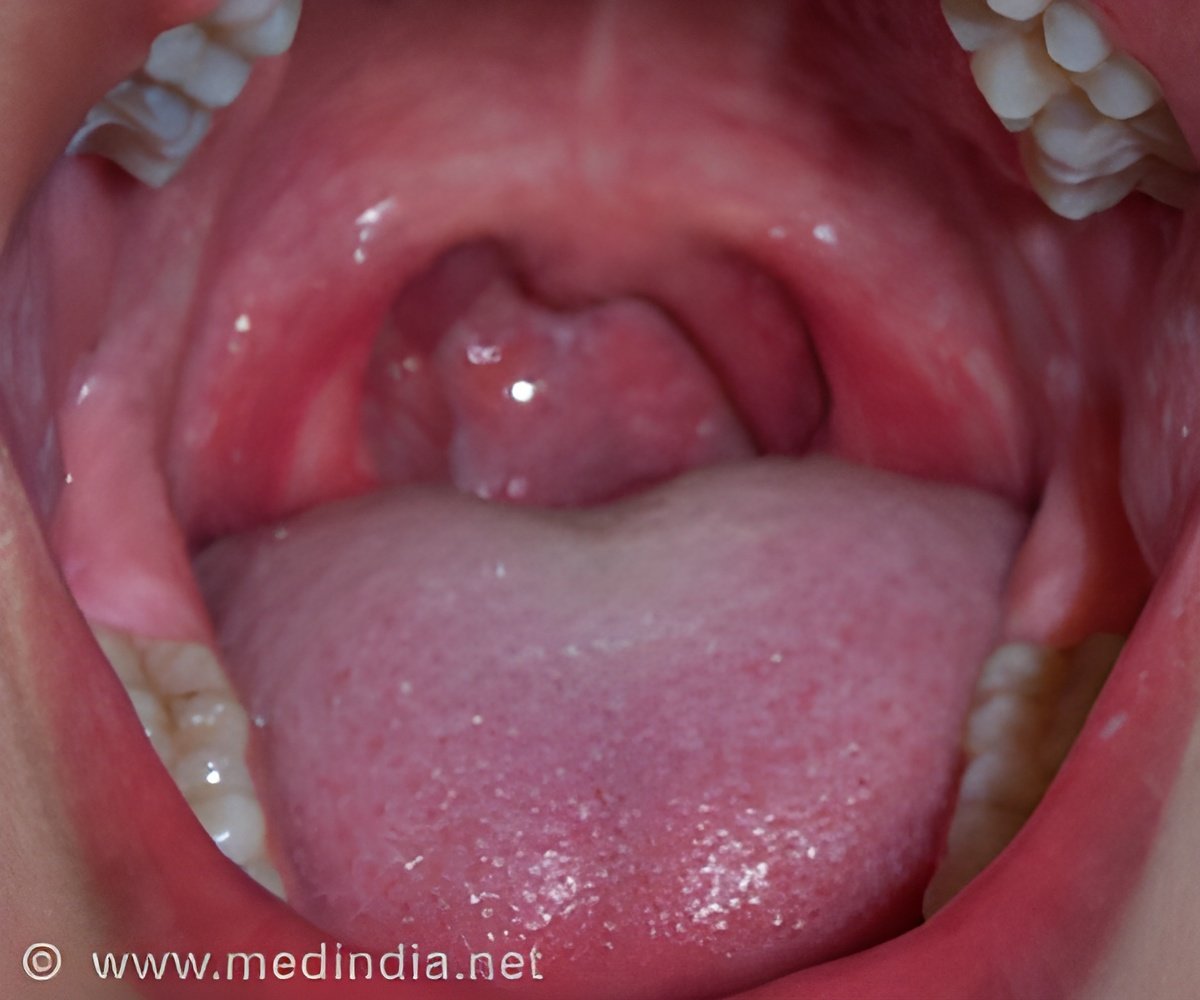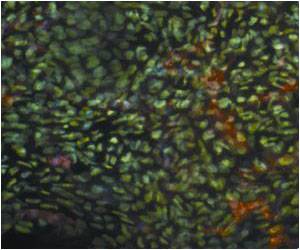Scientists have identified a novel protein that controls the sense of taste. The findings are published in the March issue of Nature.

After additional studies in a mouse that did not have the CALHM1 gene, Dr. Marambaud and his lab found that the mouse had severely impaired perceptions of sweet, bitter and umami (a savory taste that is abundant in fish, shellfish, cured meats, mushrooms, and vegetables) tastes. This indicated that CALHM1 is of paramount importance for the integrity of the sense of taste.
"While studying the role of CALHM1 in the context of Alzheimer's disease, we realized that this protein also plays a fundamental role in normal physiology, that is taste perception," said Dr. Marambaud. "This finding is exciting because it unravels the mechanism of communication to the brain during taste perception. The connection between Alzheimer's disease and taste is unclear at this point, but this study might motivate some investigation in this field."
Source-Eurekalert











